Remembering Burt Bacharach: The Guardian
The following article was published by The Guardian and written by Adam Sweeting on Thursday, February 9, 2023:
Burt Bacharach obituary
Songwriter whose hits, including I Say a Little Prayer and Walk on By, became classics of easy-listening pop
Burt Bacharach, master of pop songwriting, dies aged 94
Few songwriters have been able to enjoy hits across six decades, as well as the bonus of a dramatic revival of interest in their work during the later years of their careers. Burt Bacharach, who has died aged 94, could claim both.
With his writing partner Hal David, Bacharach launched himself into the front rank of pop songwriters with a brilliant streak of hits for Dionne Warwick during the 1960s, beginning in 1962 with Don’t Make Me Over and proceeding through (among others) Walk on By, Anyone Who Had a Heart, I Say a Little Prayer, Trains and Boats and Planes, and Do You Know the Way to San Jose. All became standards in Bacharach’s chosen pop-easy-listening genre, their apparent simplicity concealing his mastery of different rhythms and metres.
He had soaked up the music of the jazz big bands and bebop, and also studied with the French composer Darius Milhaud, who urged his pupil to “never ever feel embarrassed or discomforted by a melody that people can remember or whistle”. Bacharach’s melodies were not only memorable but also frequently suffused with melancholy and regret. His gifts as an arranger allowed him to exploit all the resources of an orchestra with precision, and his use of plaintive “Bacharach trumpets” became a distinctive trademark.
Meanwhile he was turning out imperishable classics for a string of different artists. Tom Jones never particularly liked What’s New, Pussycat?, the Oscar-nominated theme from the 1965 film of the same name, but acknowledged its enduring popularity. Bacharach and David’s Wishin’ and Hopin’ gave Dusty Springfield a No 6 hit in the US in 1964, shortly before she reached No 3 in the UK with their song I Just Don’t Know What To Do With Myself.
Herb Alpert topped the US chart with the winsome ballad This Guy’s in Love With You, Jackie DeShannon did likewise with What the World Needs Now Is Love, and BJ Thomas was the lucky recipient of Raindrops Keep Fallin’ on My Head, from the film Butch Cassidy and the Sundance Kid (which brought Bacharach and David Oscars for best theme song and best original score). Bacharach was an Oscar-winner for a third time in 1982, with Arthur’s Theme from the film Arthur.
The son of Bert Bacharach, a sports star turned nationally syndicated newspaper columnist, and Irma Freeman, an artist and songwriter, Burt was born in Kansas City, Missouri. The family moved to Kew Gardens in Queens, New York, when he was a child. At the insistence of his mother, Burt studied the cello, drums and piano. His ears were opened by the innovative harmonies and melodies of jazz musicians of the day such as Thelonious Monk and Charlie Parker, and he played with several jazz combos before enrolling in music courses at the Mannes School of Music, New York, and at McGill University in Montreal.
He served in the US army (1950-52), and while acting as a dance band arranger in Germany he met the singer Vic Damone. Back in the US after his discharge, Bacharach worked as piano accompanist to Damone and to numerous other artists on the club circuit. One of them was the actor and singer Paula Stewart, whom he married in 1953.
He was fortunate to fall into one of the all-time great songwriting partnerships with David, whom he first met at the New York songwriting beehive, the Brill Building (also to be the home of other renowned songwriting duos including Leiber & Stoller, Goffin & King and Pomus & Shuman). David had been writing hits for such luminaries as Sarah Vaughan and Frank Sinatra since the late 40s. Bacharach and David scored their first big commercial coup when the country singer Marty Robbins took their song The Story of My Life into the US Top 20 in 1957. A cover version by Michael Holliday reached No 1 in the UK the following year, and Perry Como brought them another smash with his recording of Magic Moments, which spent eight weeks at No 1 in Britain.
After the breakdown of his marriage (he and Stewart divorced in 1958), Bacharach travelled to Europe to become pianist and bandleader for Marlene Dietrich, a role he would sustain until 1964. By 1961 he was back in New York, and wrote some material for the Drifters, as well as the Chuck Jackson hit Any Day Now before resuming his partnership with David. Their song (The Man Who Shot) Liberty Valance, inspired by the John Wayne/James Stewart western, became a US No 4 hit for Gene Pitney in 1962. Pitney did better still with the duo’s composition Only Love Can Break a Heart, which reached No 2 later that year.
Then came Bacharach and David’s historic hook-up with Warwick. She was a member of the Drifters’ backing group, the Gospelaires, and the songwriters invited her to make some demo recordings at their office at the publishers Famous Music, in the Brill Building. One of them was for Make It Easy on Yourself, which became a big hit for Jerry Butler. David recalled: “She said, ‘I thought that was my song!’ We said, ‘No, you just made a demo’. She was really very hurt and angry. Then we realised here’s this wonderful singer and we’re using her to make demos – she could be a star!”
So it proved, and the hits with Warwick became their calling card. They wrote and produced 20 American Top 40 hits for her over the ensuing decade, including seven that reached the Top 10. One of these songs, I Say a Little Prayer, also gave Aretha Franklin a US Top 10 hit and her biggest solo hit in Britain, where it reached No 4. Throughout the 60s anything Bacharach and David touched became commercial gold dust. They wrote film scores for What’s New, Pussycat? and Casino Royale, the theme song for Alfie, and scored the successful Broadway musical Promises, Promises, whose title song provided another hit for Warwick and spun off a chartbuster for Bacharach himself with I’ll Never Fall in Love Again.
The writers always had a soft spot for the UK, probably because so many British-based artists had No 1 hits with their material, including Cilla Black – whose version of Anyone Who Had a Heart was her breakthrough hit – Sandie Shaw, the Walker Brothers and Frankie Vaughan.
The Carpenters ushered in the 70s with (They Long to Be) Close to You, a US No 1 which also reached No 6 in the UK, but although Bacharach’s 1971 album (called just Burt Bacharach) became a sought-after collector’s item, the decade would prove disappointing. In 1973 Bacharach and David collaborated on a new musical version of the 1937 film Lost Horizon, but it was a commercial disaster that prompted angry splits between Bacharach, David and Warwick, and involved them in a spate of lawsuits. The writers parted company after a disagreement over royalties. Bacharach’s second marriage, to the actor Angie Dickinson, whom he had married in 1965, began to come apart, although they did not divorce until 1980.
It was not until the early 80s that Bacharach’s magic touch returned, when he won the Oscar for best original song for the chart-topping theme from the film Arthur, which he had also scored. One of its co-writers was the lyricist Carole Bayer Sager, whom Bacharach married the following year. The couple went on to write Making Love for Roberta Flack and Heartlight for Neil Diamond. In 1986, Bacharach enjoyed one of his best ever years, achieving two US No 1s with That’s What Friends Are for, recorded by Warwick with Elton John, Gladys Knight and Stevie Wonder as a charitable fundraiser for Aids, and the Patti LaBelle/Michael McDonald recording of the lachrymose On My Own.
In 1991 his marriage to Bayer Sager ended, and two years later he married Jane Hansen. In a 2015 interview, Bacharach – who was nicknamed “the playboy of the western world” during the 60s – admitted: “I didn’t mean to hurt anybody, but when you wind up being married four times, there are a lot of bodies strewn in your wake.”
During the 90s, Bacharach and David reunited with Warwick for Sunny Weather Lover, from her album Friends Can Be Lovers, and Bacharach wrote songs for James Ingram and Earth, Wind & Fire. In 1995 he co-wrote God Give Me Strength with Elvis Costello for Allison Anders’ film about the Brill Building era, Grace of My Heart, and this resulted in the Costello-Bacharach album Painted from Memory (1998).
Bacharach’s contribution to pop history was acknowledged in a 1996 BBC documentary, Burt Bacharach – This Is Now, and he would find himself being hailed as an icon of cool by bands as varied as Oasis, REM, Massive Attack and the White Stripes. In 1997, an all-star cast including Costello, Warwick, Chrissie Hynde, Sheryl Crow and Luther Vandross banded together at the Hammerstein Ballroom, New York, for a serenade of Bacharach’s songs called One Amazing Night, and the Rhino label issued The Look of Love, a three-disc compilation of his music.
Bacharach’s profile received a huge boost from his appearances in all three of Mike Myers’s 60s-spoofing Austin Powers films. He earned an Oscar nomination for the song Walking Tall, his first collaboration with the lyricist Tim Rice, which was performed by Lyle Lovett on the soundtrack of Stuart Little (1999).
His 2005 album At This Time unusually found Bacharach writing lyrics as well as music and even provoking some controversy by touching on political themes. “All my life I’ve written love songs, and I’ve been non-political,” he said. “So it must be pretty significant that I suddenly have strong feelings of discomfort with the state of the world, and what our [US] administration is doing.” This did not prevent the album from winning the 2006 Grammy award for best pop instrumental album.
In 2008 he opened the BBC Electric Proms at the Roundhouse, in London, with Adele and Jamie Cullum among his supporting musicians. His autobiography, Anyone Who Had a Heart: My Life and Music, was published in 2013, and in 2015 he performed at the Glastonbury festival. He continued to tour past his 90th birthday, with concerts in the UK, US and Europe in 2018 and 2019.
He returned to movie soundtrack composing with his score for A Boy Called Po (2016), featuring the theme song Dancing With Your Shadow. The film concerned a child with autism, and inspired Bacharach to write the music in memory of Nikki, his daughter from his second marriage, who took her own life in 2007 having been affected by Asperger syndrome. In 2018 his song Live to See Another Day was released, its proceeds donated to families affected by the shootings at Sandy Hook Elementary School in 2012.
In addition to his Oscars and six Grammy awards (plus a lifetime achievement award in 2008), he was awarded the Polar music prize in Stockholm in 2001. In 2011, the Library of Congress awarded Bacharach and David the Gershwin prize for popular song.
He is survived by Jane, their son, Oliver, and daughter, Raleigh, and another son, Cristopher, from his third marriage.
Burt Freeman Bacharach, songwriter, singer and musician, born 12 May 1928; died 8 February 2023
This article was amended on 10 February 2023. Bacharach and David wrote the theme song for Alfie, but not the film’s score as an earlier version said.
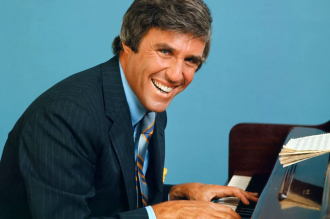
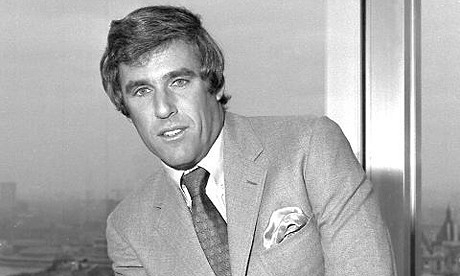
 Amanda S. Stevenson
Amanda S. Stevenson 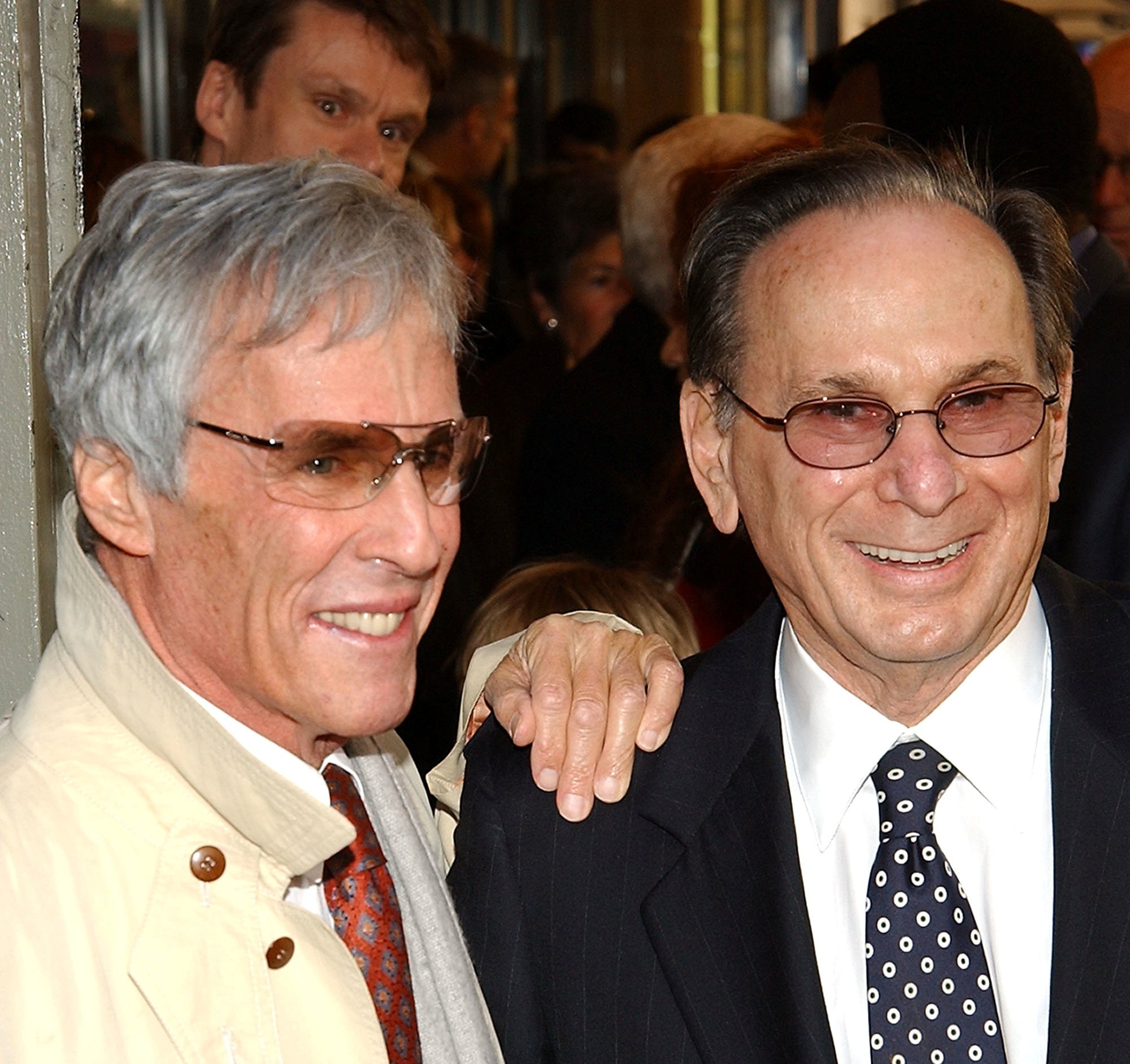
 Amanda S. Stevenson
Amanda S. Stevenson 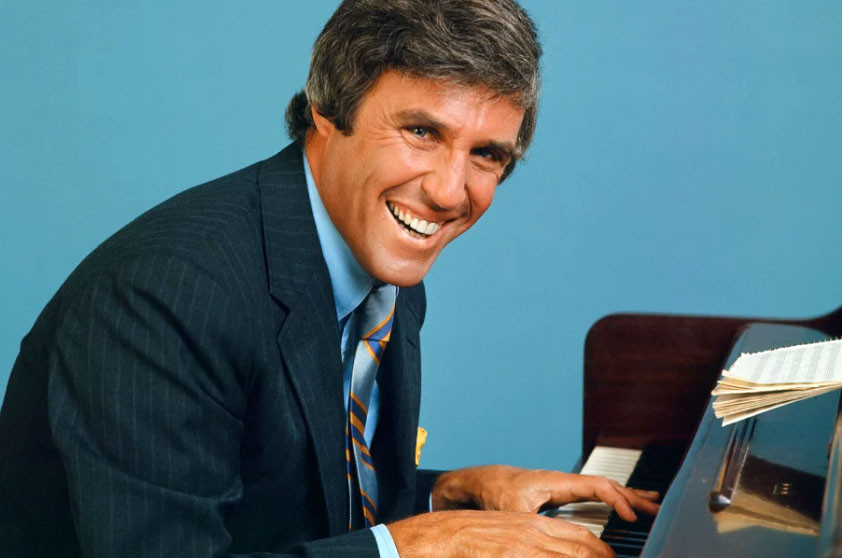
 Kathy Pinna
Kathy Pinna 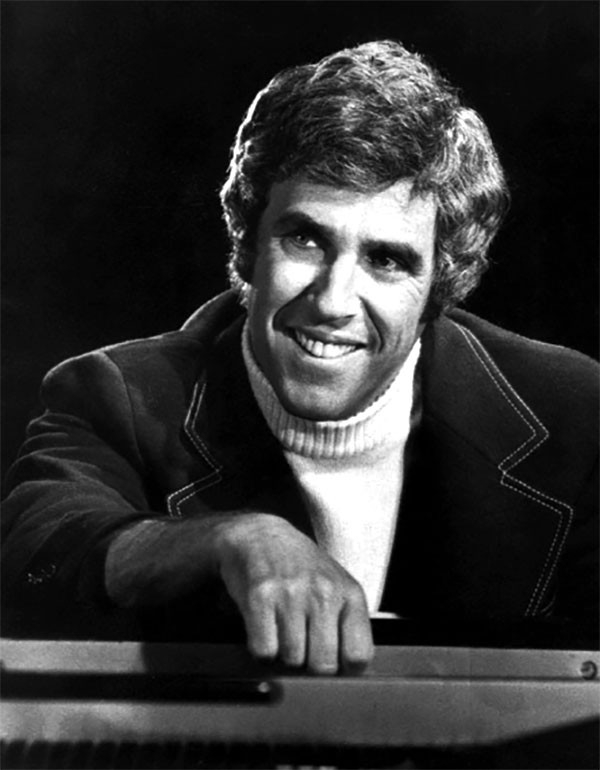
 Kathy Pinna
Kathy Pinna 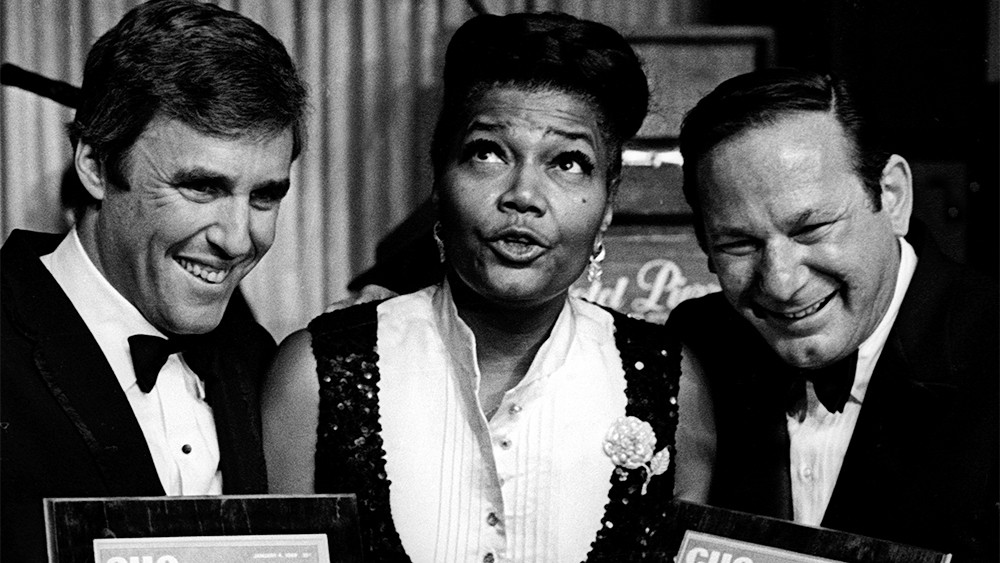
 Amanda S. Stevenson
Amanda S. Stevenson  Kathy Pinna
Kathy Pinna 
